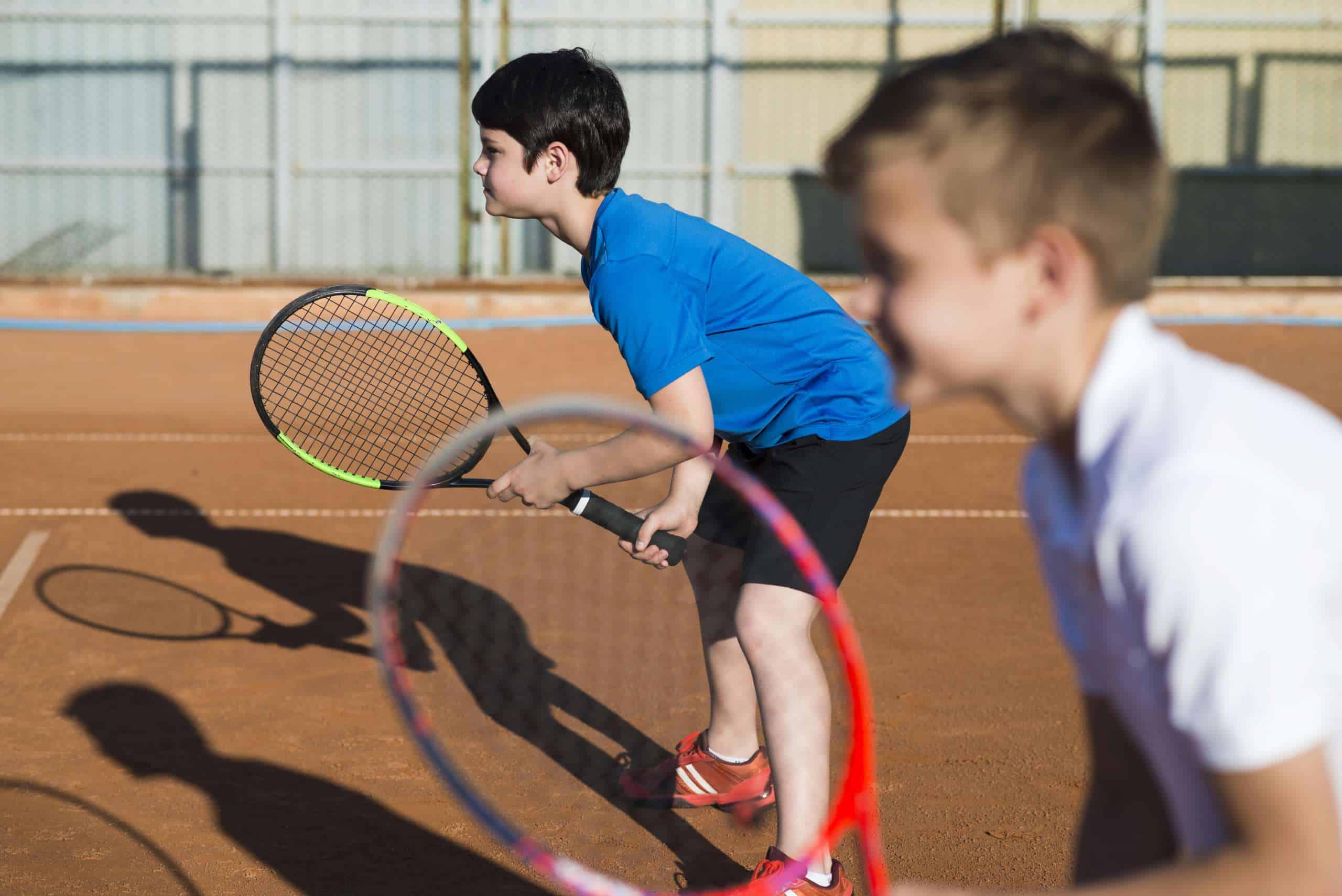
Physical activity has an extremely beneficial effect on your child’s body. Here are the most important reasons why you should take care of your child’s regular exercise.
Faulty posture is a problem with which more and more children struggle. This is mainly due to the fact that they spend more and more time at school desks and in front of the computer, limiting to a minimum daily physical activity. This contributes to the reduction of sensomotor experiences of toddlers, reduces their adaptive abilities and disturbs their adaptive capacity. The result: gradually deteriorating physical fitness and various civilization diseases.
Probably not everyone is aware of it, but an improper diet can also contribute to the development of posture defects. Lack of sufficient quantities of essential nutrients in the daily diet can lead to rickets and anemia, which in turn results in weakened strength and muscle endurance. Unhealthy, high-calorie diet may in turn result in overweight leading to overloading of the musculoskeletal and cardiovascular systems. Every parent of a growing child should take care to provide the appropriate amount of vitamin D, whose deficiency can lead to bone deformities.
Research results show that as many as ⅓ of children attending secondary schools are overweight. It is connected with an unhealthy diet and limiting physical activity to the minimum. They usually commute to school by car or bus and spend their afternoons in front of the computer or television. Regular exercise and a well-balanced diet contribute to maintaining proper body weight and help control snacking between meals.
It is worth realizing that a child who is active from an early age is much less exposed to the development of civilization diseases, such as overweight, osteoporosis or type II diabetes, than toddlers who spend every free moment on the couch.
Sport also contributes to the development of the immune system. In addition, it teaches the body to regenerate quickly and effectively. This means that even if a child gets sick or injured, he or she will recover much faster than a child who leads a sedentary lifestyle.
It is impossible not to mention here that sport effectively improves mood, reduces stress levels and makes it easier to cope with problems. This makes regular physical activity a proven way to protect against the development of depression or neurosis.
A young child’s potential can be developed in two ways. Among other things, we are dealing here with physical potential, which is directly related to the natural phases of a toddler’s development. Each of them is characterized by intensive growth of a particular feature, such as, for example, stamina or flexibility. Once one of them is bypassed, there is no way to return to it. People who have developed particular skills in childhood, exercising in adulthood, get back in shape much faster.
Another potential is related to the child’s mental abilities. Research shows that physical activity in combination with a well-balanced diet contributes to the formation of new neuronal networks, and thus to an increase in the efficiency of the child’s brain. Regular exercise is also a great way to improve concentration and develop self-confidence, courage and the ability to cope with problems and make quick decisions.
However, these are not all the advantages of sports for children. It is also impossible not to mention here that it allows us to develop healthy habits that stay with us for life.
Featured photo: Freepik